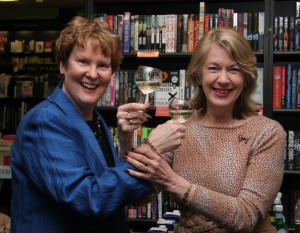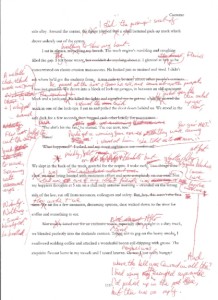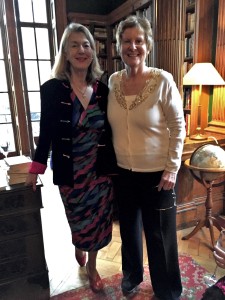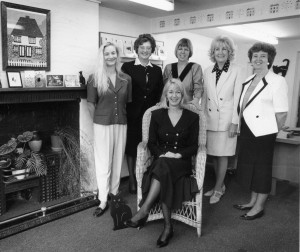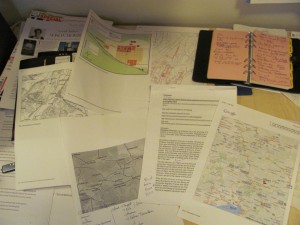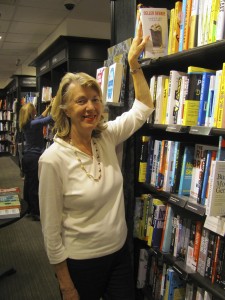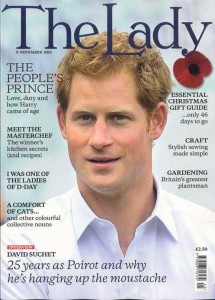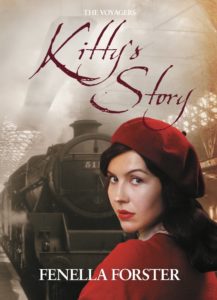 Kitty’s Story, Book 3 of The Voyagers trilogy, is finally published! What a labour of love it’s been. If I’d known it was going to take 12 years to write this trilogy I would never have started it. (I did write two or three books in between and ran a business part of that time!)
Kitty’s Story, Book 3 of The Voyagers trilogy, is finally published! What a labour of love it’s been. If I’d known it was going to take 12 years to write this trilogy I would never have started it. (I did write two or three books in between and ran a business part of that time!)
Book 1, Annie’s Story, and Book 2, Juliet’s Story, began life as one book called The Voyagers. I’d enjoyed writing Annie’s chapters from 1913 spanning to 1930, and weaving in Juliet, the granddaughter, in modern times. But as a saga with two protagonists the book became too long at 150,000 words and no editor or agent would touch it even though I’d got close to being traditionally published. ‘You’ve jammed two books together,’ they advised. ‘Split them into two separate but linked stories.’
By this time I was writing Kitty’s Story, thinking it would be the sequel. I couldn’t make such a radical change. It would be a mammoth task to separate the two. Almost in tears I rang my trusty critique writing partner, Alison Morton (Roma Nova series).
‘Take their advice,’ was her immediate reply. ‘Get the damned thing split and Kitty becomes the third of The Voyagers trilogy.’ She never minces her words.
But as soon as she said the magic word ‘trilogy’ it cheered me up and I began to tackle the big separation. It was more complicated than I’d thought, plus the fact I’d thought the two women’s stories were evenly balanced. Taking them apart I had Juliet at 100,000 words – the right length – but Annie was a novella at 50,000 words. Reading Annie separately I realised she was worthy of her own fuller story. It turned out to be 120,000 words but I was so glad I’d done it. And then I had to finish Kitty.
Writing Kitty’s Story turned out to be a cathartic exercise. Something very sad had happened in my own life decades before, and I never knew why the relationship (of course!) had gone so terribly wrong. I poured a lot of my deeply-buried emotion into the novel and as a writer had the power to create a happy ending. Being in Kitty’s head (I wrote it in the first person) somehow allowed me to lay my personal story to rest and I wonder if other writers have ever felt the same.
On a more positive note Kitty does something I’m sure I would have jumped at had I been a teenager in the Second World War – she is determined to sing to the troops like her idol, Vera Lynn. Joining ENSA in 1941 she travels to Cairo and fulfils her dream. Only things don’t turn out quite as she expects – in fact, just like real life!
Kitty’s Story is available through all good bookshops and from (amongst other retailers) from Available now from Amazon UK Amazon US Kobo iBooks B&N Nook

